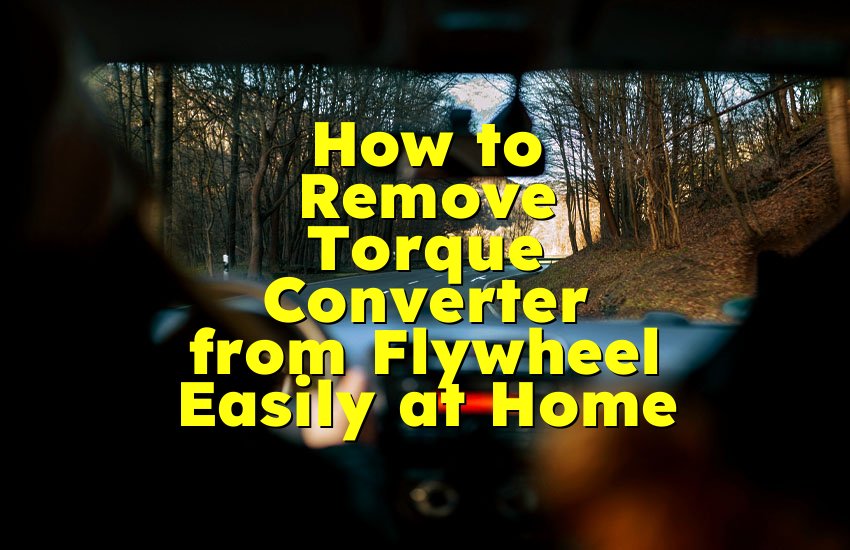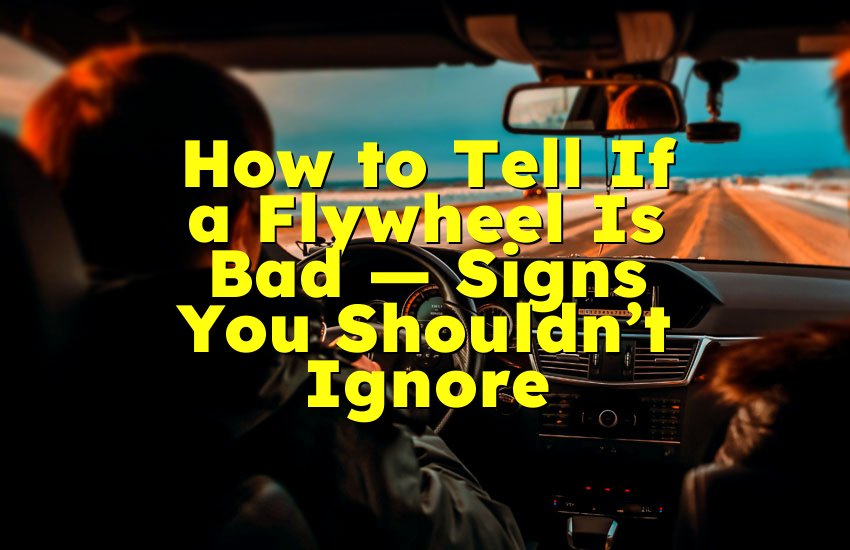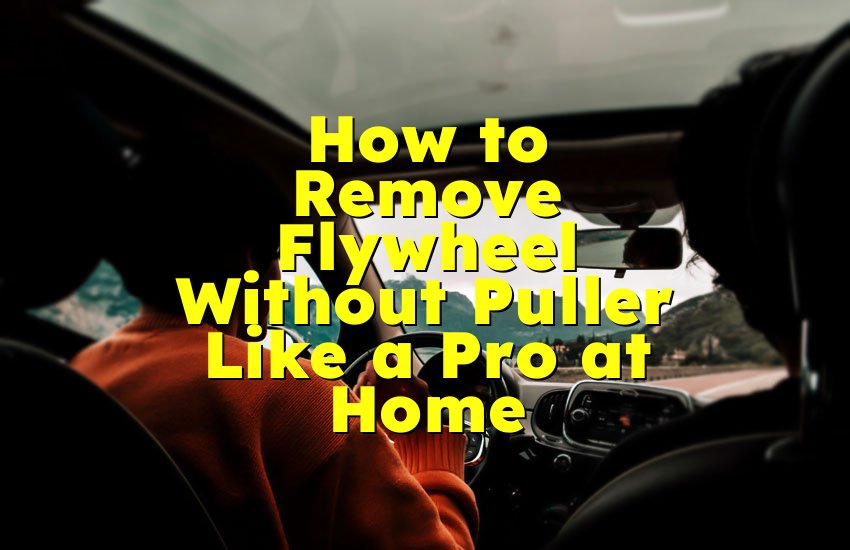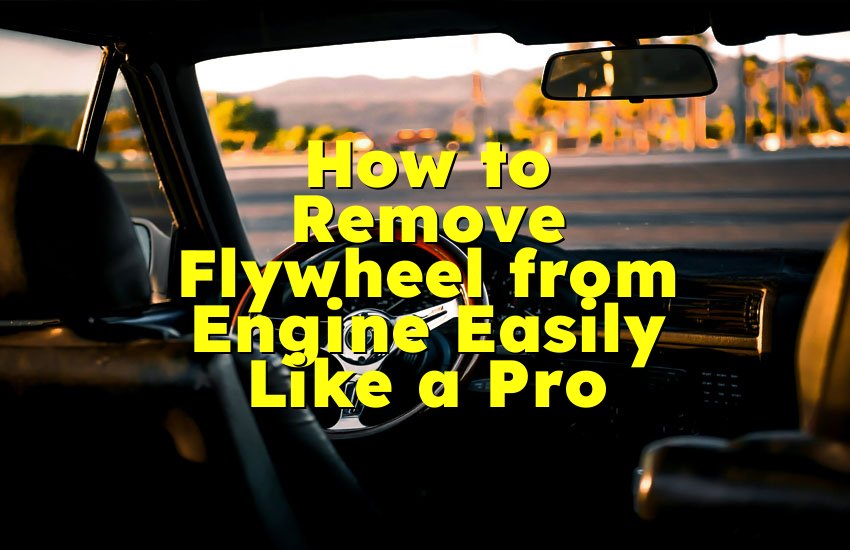As an Amazon Associate, I earn from qualifying purchases at no extra cost to you.
How Often to Change Air Filter in Car for Smooth Performance
If you have ever sat in your car, turned the key, and felt the engine sound rough or the air from vents smell dusty, you know it can ruin the joy of driving. A dirty air filter can cause all that. The simple answer to “how often to change air filter in car” is usually every 12,000 to 15,000 miles, but it depends on how and where you drive. In this article, I will share everything you need to know in detail so your car stays healthy, breathes clean air, and runs at its best.
Understanding the Role of Your Car’s Air Filter
Your car's air filter is like its lungs. It makes sure the air going into the engine is clean and free from dirt, dust, and tiny harmful particles. The cleaner the air, the better your engine works. If your filter is clogged, it is harder for the engine to breathe, and this can cause poor fuel use, weak acceleration, and even damage over time.
An air filter is not just for the engine. Modern cars also have a cabin air filter for the air you breathe inside the car. This keeps dust, pollen, and other allergens out of the cabin. If you have ever driven behind a smoky truck or through a dusty road and still had fresh air inside, you can thank the cabin air filter.
Over time, both engine and cabin air filters collect dirt. How fast they get dirty depends on your driving conditions. If you drive in a clean city with smooth roads, your filter will last longer than if you drive on gravel roads or in heavy traffic every day.
Neglecting to change the air filter will not cause your car to break down overnight, but it will slowly harm performance. Think of it like trying to jog while breathing through a scarf — your body will still move, but it will be harder and less efficient.
A fresh air filter is a cheap and simple fix that can make your engine feel younger and your driving more enjoyable. It can even help your fuel economy. That is why knowing how often to change it is so important.
- Keeps engine air clean
- Improves fuel efficiency
- Protects against engine wear
- Helps with smoother acceleration
How Mileage and Driving Conditions Affect Filter Life
Most car manuals suggest changing the air filter every 12,000 to 15,000 miles. But that number is not always right for everyone. If you mostly drive short distances in the city, your filter may stay clean for longer. If you drive in dusty, sandy, or polluted areas, you may need to change it much sooner.
For example, a driver in a rural area with dirt roads might need a new filter every 6,000 to 8,000 miles. Someone who drives on highways in clean areas could go over 15,000 miles before seeing any problem. Weather also matters — in windy or dry areas, more dust is in the air, so filters get dirty faster.
The way you use your car also plays a role. If you do a lot of stop-and-go driving, your car will pull in more air in short bursts, which can collect more dirt faster. On the other hand, steady highway driving usually means cleaner airflow.
Another factor is the type of filter you use. Paper filters are cheap but need replacement more often. High-quality reusable filters can be cleaned and last longer, but they need proper care.
The truth is there is no one exact mileage for everyone. You should follow your manual's advice as a base but also check your filter more often if you notice changes in your car's performance or fuel use. A quick visual check during oil changes can help you decide early.
- Highway driving often extends filter life
- Dusty roads shorten filter life
- Short trips in the city may cause faster clogging
- Weather and season can change how fast dirt collects
Signs Your Car’s Air Filter Needs Replacing
Even without counting miles, your car will often tell you when its air filter is tired. One of the first signs is weaker acceleration. You might press the gas pedal and feel like your car is slow to respond. That is because the engine is not getting enough air to burn fuel properly.
Another sign is worse fuel economy. If you find yourself filling the tank more often without changing your driving style, your engine may be working harder to get the same power, which burns more fuel.
Sometimes you may hear unusual sounds from the engine, like coughing or popping noises. This can happen when the airflow is restricted. A very dirty filter can even cause a smell of fuel inside the car, as the mixture of fuel and air is off balance.
For the cabin air filter, you might notice the AC or heater airflow feels weak, or the air smells musty. If you are sneezing more inside your car, it could be because pollen or dust is sneaking past a clogged filter.
You can also check the filter yourself. Open the air filter box under the hood, pull out the filter, and look at it under the light. A little dirt is normal, but if it looks dark, dusty, or clogged with debris, it is time for a change.
- Weak acceleration
- Poor fuel economy
- Musty smell in cabin
- Reduced AC or heater airflow
Choosing the Right Air Filter for Your Car
When replacing your car's air filter, you need to make sure you get the right size and type. Your car's manual will tell you the exact model number. You can also ask at an auto parts store, and they can match it for you.
The most common filters are made of pleated paper. They are cheap, easy to find, and work well for most drivers. The downside is they cannot be cleaned and must be replaced.
There are also reusable filters made of cotton or foam. These cost more at first but can be washed and reused many times. They are good for drivers who often drive in dusty areas because you can clean them whenever they get dirty.
Some high-performance filters allow more air to pass through, which can improve acceleration slightly. However, they may also let in more fine dust, so you should weigh the pros and cons.
If you have allergies, it is worth paying attention to the cabin air filter type. Some come with special coatings that trap pollen or even filter out odors.
Choosing the wrong filter can hurt performance or even allow dirt into the engine, so it is worth taking a few minutes to double-check before buying.
- Match size and type with manual
- Paper filters are cheap but single-use
- Reusable filters save money over time
- Specialty cabin filters help with allergies
How to Replace a Car Air Filter Yourself
Changing an air filter is one of the easiest DIY car jobs. You do not need fancy tools, just a few minutes and your hands.
First, park your car on a flat surface, turn it off, and open the hood. Find the air filter box — it is usually a black plastic box near the engine, connected to a large hose. It often has clips or screws holding it shut.
Open the box carefully and remove the old filter. Check for any dirt or leaves inside the box and clean them out. Place the new filter in the same position, making sure it sits snugly and the edges are sealed. Then close the box and secure it.
For a cabin air filter, check your manual — it is often behind the glove box or under the dashboard. Opening the glove box, removing a couple of screws or clips, and sliding out the old filter is usually all it takes.
Once replaced, you should notice smoother performance, better fuel economy, and cleaner air inside. It is a small job that can make a big difference.
- Park car and turn off engine
- Find air filter box and open it
- Remove old filter and clean box
- Place new filter securely and close box
Maintaining Your Air Filter for Longer Life
If you want your air filter to last longer, there are a few habits that can help. Avoid driving too close behind large trucks or vehicles kicking up dust. In dusty areas, close your windows to reduce how much dirt enters.
Regularly checking your filter during oil changes can help catch problems early. If you use a reusable filter, clean it as recommended by the maker. Always let it dry fully before putting it back.
Keeping your engine in good condition also helps. A healthy engine pulls air more efficiently and keeps the filter from clogging too fast.
Season changes are also a good reminder. Spring pollen and fall leaves can clog filters quickly, so check after these seasons.
A clean filter is one of the cheapest ways to protect your engine and keep driving smooth. Treat it like a part of your car's health, not just another chore.
- Avoid dusty driving when possible
- Check filter during oil changes
- Clean reusable filters as needed
- Inspect after pollen-heavy or leaf-heavy seasons
Final Thoughts
Changing your car's air filter is simple, cheap, and important for keeping your engine running well. Most drivers should change it every 12,000 to 15,000 miles, but your own driving conditions may mean sooner. A clean filter protects the engine, improves fuel use, and keeps the air you breathe fresh. Think of it as giving your car a breath of fresh air.
| Condition | Suggested Change Interval | Notes |
|---|---|---|
| Normal city/highway driving | 12,000 – 15,000 miles | Follow manual's advice |
| Dusty or sandy areas | 6,000 – 8,000 miles | Check more often |
| Heavy traffic or short trips | 10,000 miles | Engine works harder |
| Allergy season | Check every 6 months | For cabin air filter |
Frequently Asked Questions (FAQs)
Is it bad to drive with a dirty air filter?
Yes, driving with a dirty air filter can cause reduced engine power, poor fuel economy, and long-term engine wear. The engine needs clean air to burn fuel properly. If the air is blocked by dirt, the mix of fuel and air becomes unbalanced. This can also cause more harmful emissions. Over time, small dirt particles can enter the engine and cause damage. While it will not cause an instant breakdown, ignoring it for too long can lead to costly repairs.
Can a dirty air filter cause engine damage?
Yes, it can. A clogged filter may allow unfiltered air to enter the engine, bringing dirt and debris with it. These particles can scratch engine parts, harm cylinders, and cause poor lubrication. Over time, this can lead to reduced engine life. Even before serious damage, performance will drop, and fuel use will increase. Replacing the air filter on time is a small cost compared to repairing an engine.
Do I need to change the cabin air filter too?
Yes, the cabin air filter is just as important for your comfort and health. It keeps pollen, dust, and other particles from entering the air inside your car. A clogged cabin filter can cause bad smells, reduced airflow from the AC, and even trigger allergies. Most should be changed every 12,000 to 15,000 miles, but check sooner in dusty or pollen-heavy areas.
Is it easy to replace a car air filter myself?
Yes, most air filters are very easy to replace without tools. You can often change both engine and cabin air filters in minutes by following your manual. It usually involves opening the filter box, swapping the old filter with a new one, and closing it. This can save you money and give you the confidence to handle small car maintenance tasks on your own.
Can a clean air filter improve gas mileage?
Yes, a clean filter can help your engine breathe better, which improves fuel combustion. When the engine has enough clean air, it does not need to burn extra fuel to produce power. The result is better gas mileage and smoother driving. While the improvement may be small, over months or years, it can add up to noticeable savings on fuel.
Do I need special tools to change an air filter?
No, you usually do not need special tools. Most air filter boxes are held by simple clips or screws that can be opened by hand or with a screwdriver. Cabin air filters may require removing a glove box, but this is usually done with basic hand tools. Your car's manual will guide you step-by-step.
Is it worth buying a reusable air filter?
It depends on your driving habits. Reusable filters cost more upfront but can be cleaned and used again for years. They are good for drivers who drive in dusty areas or want long-term savings. However, they must be cleaned and dried properly to work well. If you prefer low maintenance, a disposable paper filter may be better.
Can bad air filters cause strange engine sounds?
Yes, a clogged filter can cause the engine to make odd sounds like coughing or popping. This happens because the air supply is restricted, and the fuel-air mix is wrong. The engine may struggle during acceleration, and the noise may be more noticeable when pressing the gas pedal. Replacing the filter often solves this problem quickly.











